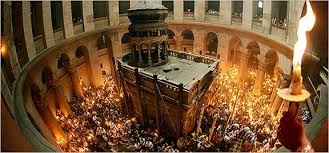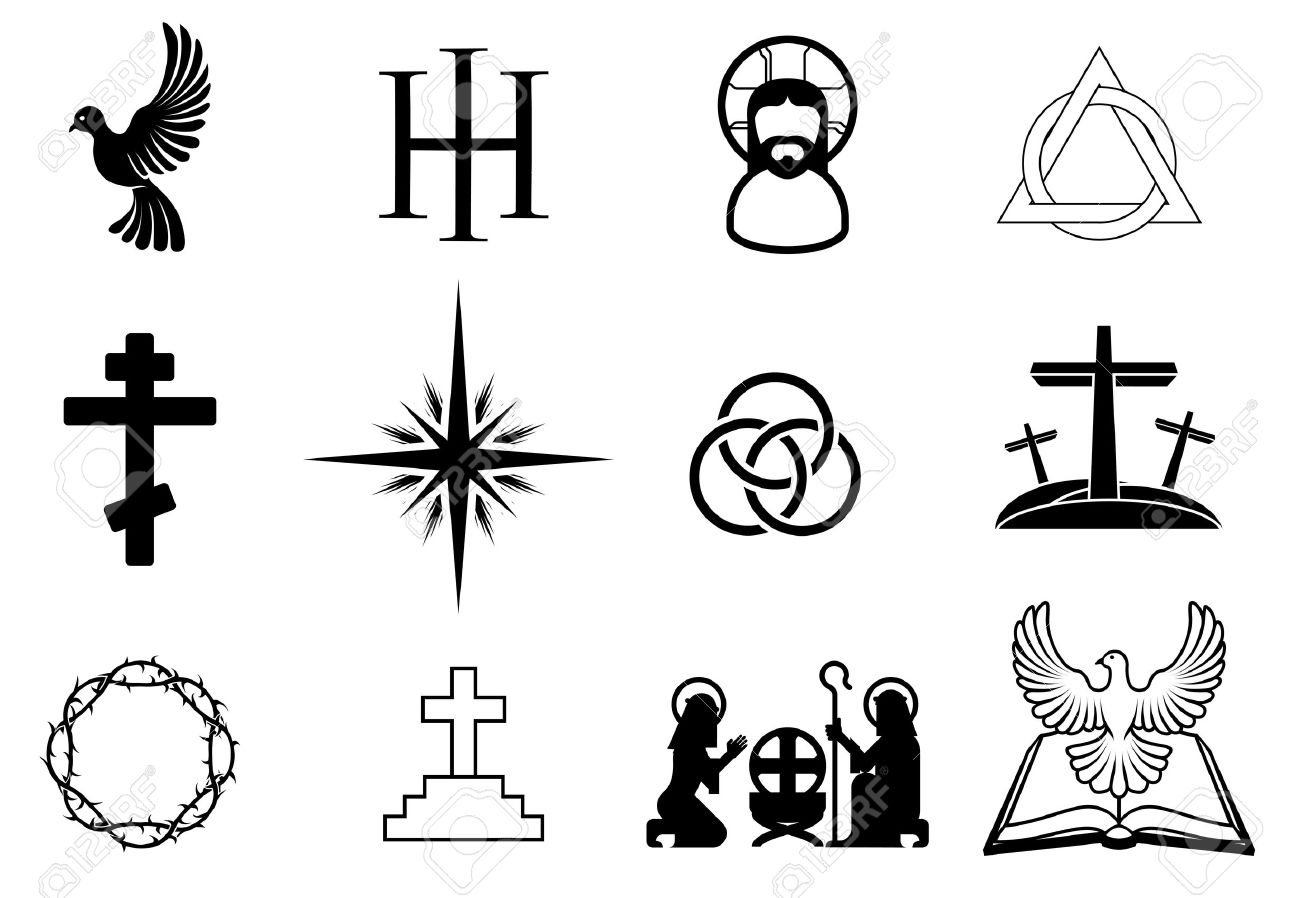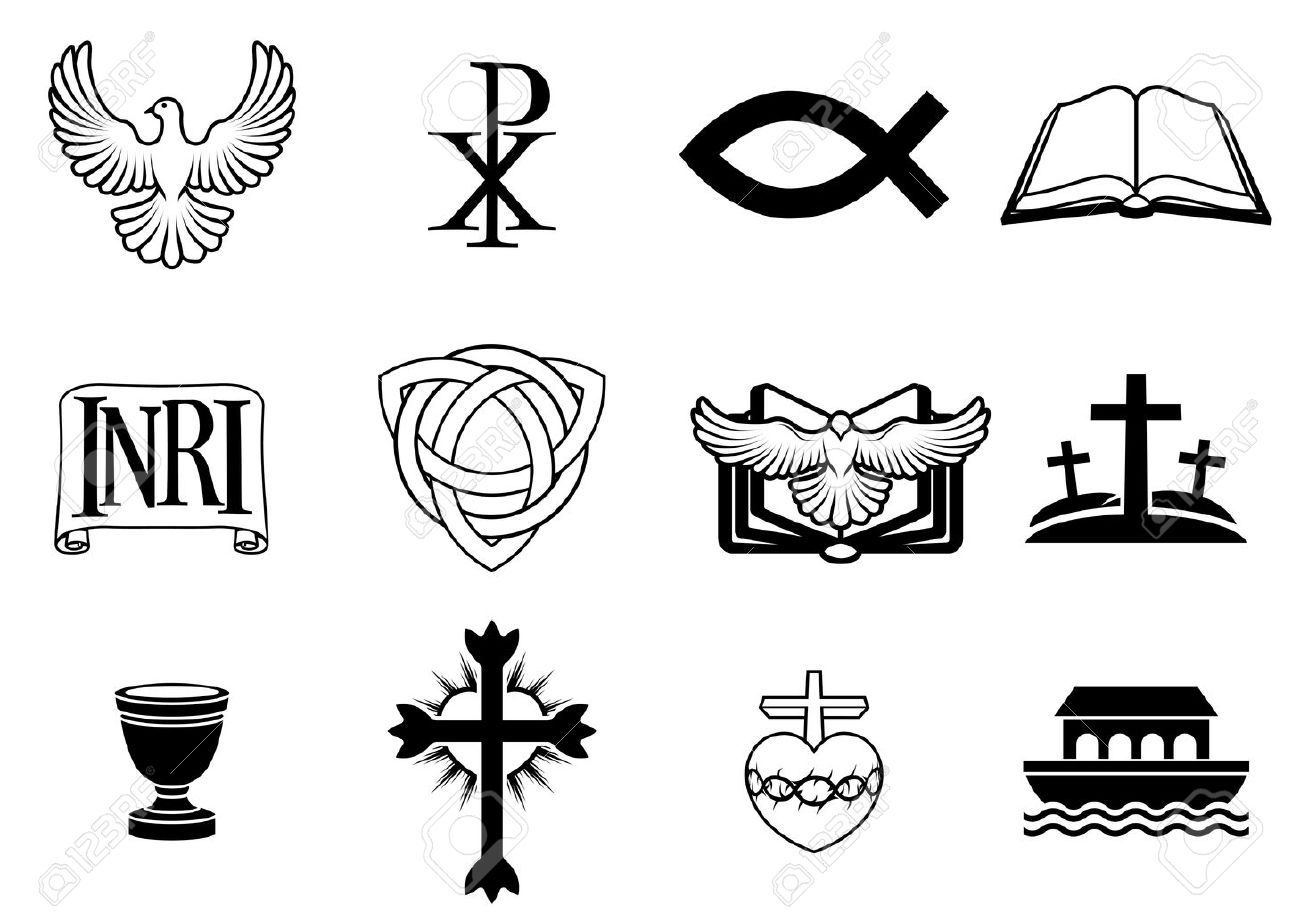7. Monotheism
7.2. Christianity

Like Judaism and Islam, Christianity is classified as an Abrahamic religion. It began as a Jewish sect in the eastern Mediterranean. The disciples were first called Christians by or about 44 AD, meaning "followers of Christ", in Antioch. Ignatius of Antioch was the first Christian to use the label in self-reference. The earliest recorded use of the term Christianity was also by Ignatius of Antioch, around 100 AD. By the 4th century, Christianity had become the dominant religion in the Roman Empire. During the Middle Ages, most of the remainder of Europe was Christianized, with Christians also being a (sometimes large) religious minority in the Middle East, North Africa, and parts of India. Following the Age of Discovery, through missionary work and colonization, Christianity spread to the Americas and the rest of the world

Christianity is a monotheistic religion centered on the life and teachings of Jesus of Nazareth as presented in the New Testament Son of Mary in the Quran. Its followers, known as Christians, believe that Jesus is the son of God and the Messiah (or Christ) prophesied in the Old Testament, the part of their scriptures they have in common with Judaism. To Christians, Jesus Christ is a teacher, the model of a virtuous life, the revealer of God, and most importantly the savior of humanity who suffered, died and was resurrected in order to bring about salvation from sin. Christians maintain that Jesus ascended into heaven, and most denominations teach that Jesus will return to judge the living and the dead, granting everlasting life to his followers. Christians describe the New Testament account of Jesus' ministry as the Gospel, or "good news". The pagan side of Christianity is believing in the trinity God, Son, and the Holy Spirit as deities. Some even worship Mother Mary or the Virgin Mary who gave birth to Jesus Christ.
There are several derivations from Christianity, we’ll name just few: Roman Catholic, Orthodox, Mormon, Protestant, Puritan, Evangelic…




